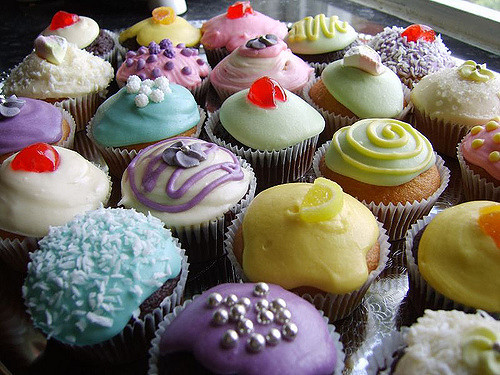If food were a drug, for sure we’d have rehabilitation centers devoted to treating it much like those for drugs and alcohol. No doubt, there’d be a stigma associated with it, funds would be set aside for food abuse education and treatment, and we’d see it portrayed more in our popular culture — perhaps we’d even see TV shows — Dr. Drew Style — Celebrity Food Rehab, for instance. But that isn’t the case.
More and more I’m seeing patients who use food to deal with their emotions. They come from all walks of life including C-level executives, entertainers, professionals, and others. I myself am guilty of reaching for way too many pints of Haagen Daz during a stressful period in my life a few years ago when I was writing my book. People reach for food in much the same way one might reach for the bottle to deal with stress and emotions. They crave it and feel a similar sense of relief and calm that one feels after using drugs or alcohol.
It’s not surprising that people use food to cope with emotions such as boredom, stress, anxiety, sadness, and anger. In many ways it’s a learned behavior: Think back to when you were a young child. Food may have been used in a celebratory manner such as eating cake at birthday parties. Food may have been used to make you feel better, e.g. ice cream to sooth a sore throat. And it may have become paired with certain events, buttered popcorn while watching a movie, for instance. All this is fine of course and part of normal growing up. By no means am I suggesting that people stop enjoying these indulgences. I mention this merely to illustrate the associations that are formed early on and how they can then be used in an unhealthy way later in life.
There’s also a biological component. Carbohydrate rich foods boost the production of serotonin, a neurotransmitter that plays a role in mood regulation. By carbo-loading on things such as chips, we essentially develop a false sense of a good mood and this gets reinforced over time.
There are a host of unhealthy issues that arise from emotional eating, the obvious being weight gain, diabetes, obesity, high cholesterol, and sleep apnea. Further, if eating is purely emotional, then the person will never learn how to deal with things in a healthy manner and the behavior will continue, while the mood generally remains unstable.
Here’s how to make emotional eating a thing of the past:
1. Manage your stress. This is the single most important way to ditch the emotional eating. Identify, understand, and manage your stress. Stress is normal. You can either let it get the best of you, or you can control it in healthy ways such as through exercise, talking to supportive friends, enjoying a hobby, proper sleep, and proper eating.
2. Keep a food/mood journal. On a piece of paper make three columns with the following headers: 1) What type of food am I reaching for? 2) What’s my emotional state? / What’s going on in my life right now that’s leading to this emotion? 3) What’s an alternative behavior to eating the junk food? So for example, I’m reaching for ice cream. I’m so anxious about a meeting tomorrow with my manager. I will call a friend and talk it out.
3. Ask yourself: Are you feeding your body or are you feeding your emotions? Make a distinction between the two. Eating to satiate hunger and provide nutrients is vastly different than eating to satiate boredom, stress, and anxiety.
4. Don’t keep comfort foods at home. These foods would include chips, ice cream, and cookies. If they’re not at home, then you’re less likely to eat them. Instead, keep healthy alternatives nearby such as fruit slices and vegetable sticks. You might also might freeze grapes to provide a frozen treat. Or eat Greek yogurt to simulate the texture of ice cream.
5. Eat healthy. By doing so you’ll curb cravings between meals. Make sure each meal is rich in protein and well-balanced. Healthy snacks between meals will also help to maintain a healthy level of metabolism and energy levels. If need be, consult a dietician or nutritionist for advice.
6. Change your thinking. Self talk can be your worst enemy or best friend. Thinking, “I’m such an emotional mess and pig” will probably keep you stuck in unhealthy patterns while thoughts such as “I am going to take charge of my health and manage stress better” will lead to better behaviors and a healthier lifestyle.
So, next time you feel stressed and have the urge to stuff your face, pause, take a deep breath and ask yourself, “what can I do other than chomp away and indulge”? “Is indulging a solution or a distraction”? Choosing from the arsenal above will help you deal with rather than feed your emotions.
For more tips on how to live a healthy and balanced life check out my book Be Fearless: Change Your Life in 28 Days.
Originally published at www.huffingtonpost.com


